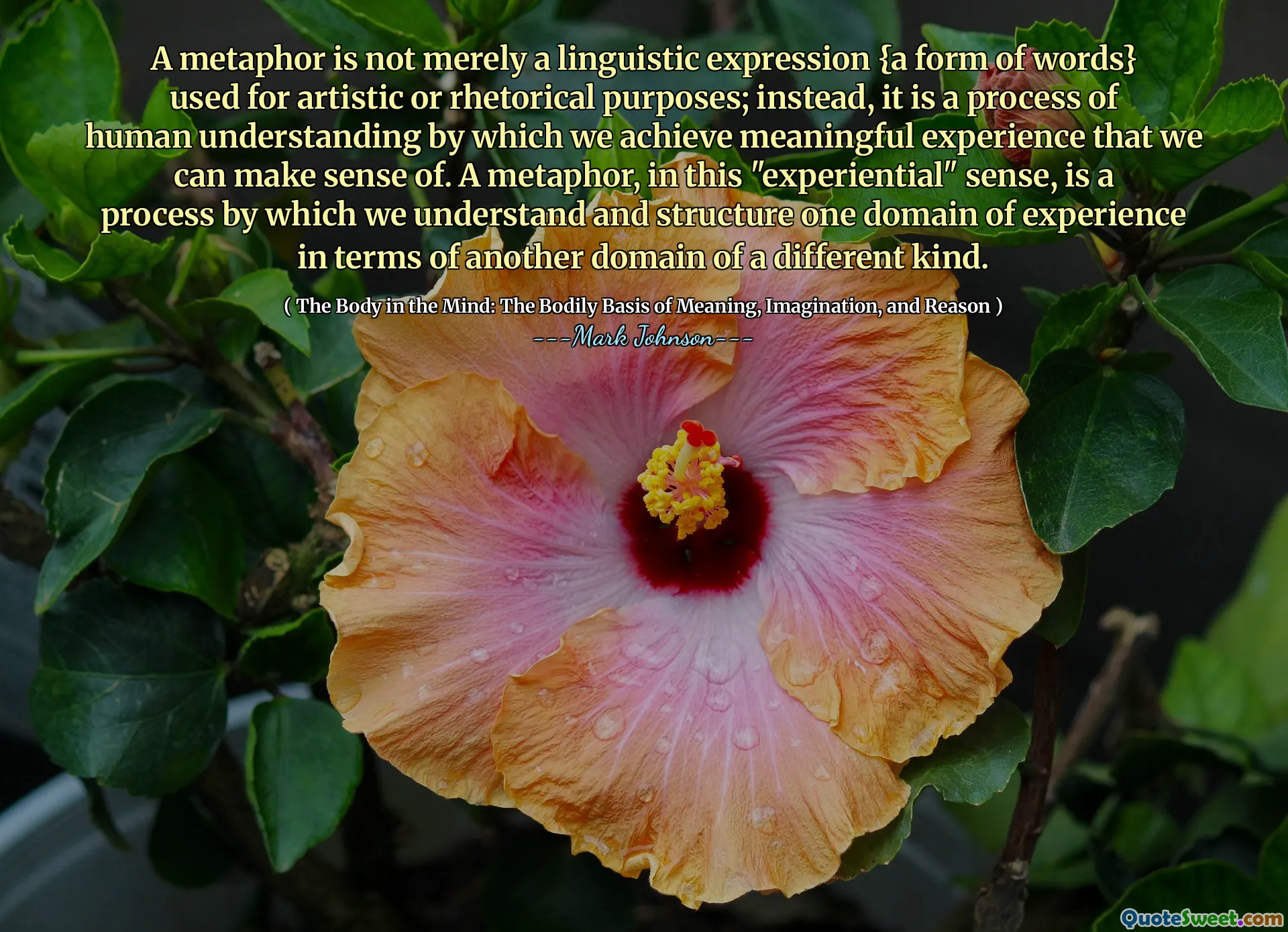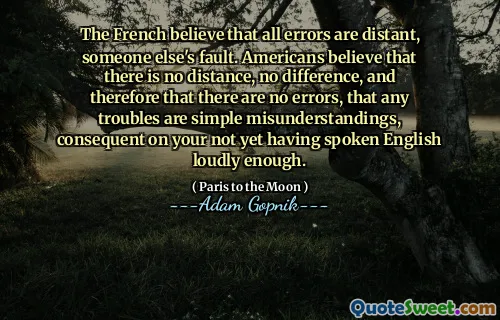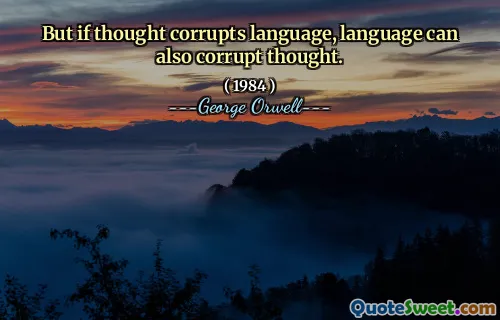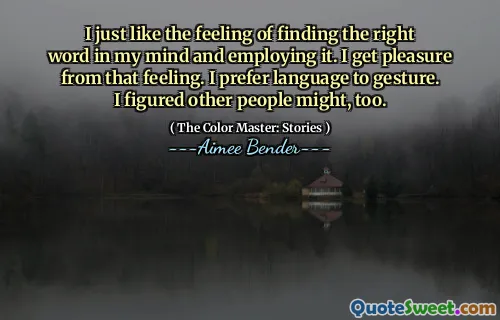
A metaphor is not merely a linguistic expression {a form of words} used for artistic or rhetorical purposes; instead, it is a process of human understanding by which we achieve meaningful experience that we can make sense of. A metaphor, in this "experiential" sense, is a process by which we understand and structure one domain of experience in terms of another domain of a different kind.
The quote by Mark Johnson presents a profound rethinking of the role metaphors play in human cognition and communication. Instead of viewing metaphors simply as decorative elements of language or as devices reserved for poetry and rhetoric, Johnson suggests that metaphors fundamentally shape how we understand the world. This pivots our perspective of metaphor from something superficial to something deeply embedded in the way we organize experience.
The notion that metaphor is a cognitive process — one that allows us to grasp one domain of experience through the lens of another — encourages an appreciation for the creative and interpretative work our minds engage in daily. For example, when we describe time in terms of money (“spending time,” “saving time”), we are not just using language creatively; we are literally structuring one domain (time) in terms of another (money), which affects how we perceive and interact with abstract concepts.
Johnson’s experiential approach invites us to recognize that metaphors influence not only communication but thought itself. This challenges a traditional Cartesian separation of feeling and thinking since metaphors often arise from bodily or emotional experiences. By acknowledging metaphor as a process of understanding, we gain insight into the interconnectedness between language, embodiment, imagination, and reason.
Ultimately, the quote underscores the power of metaphor as a tool for making meaningful connections in a complex world, shaping perception, and fostering creativity — aspects central to how human beings make sense of their lives and surroundings.





